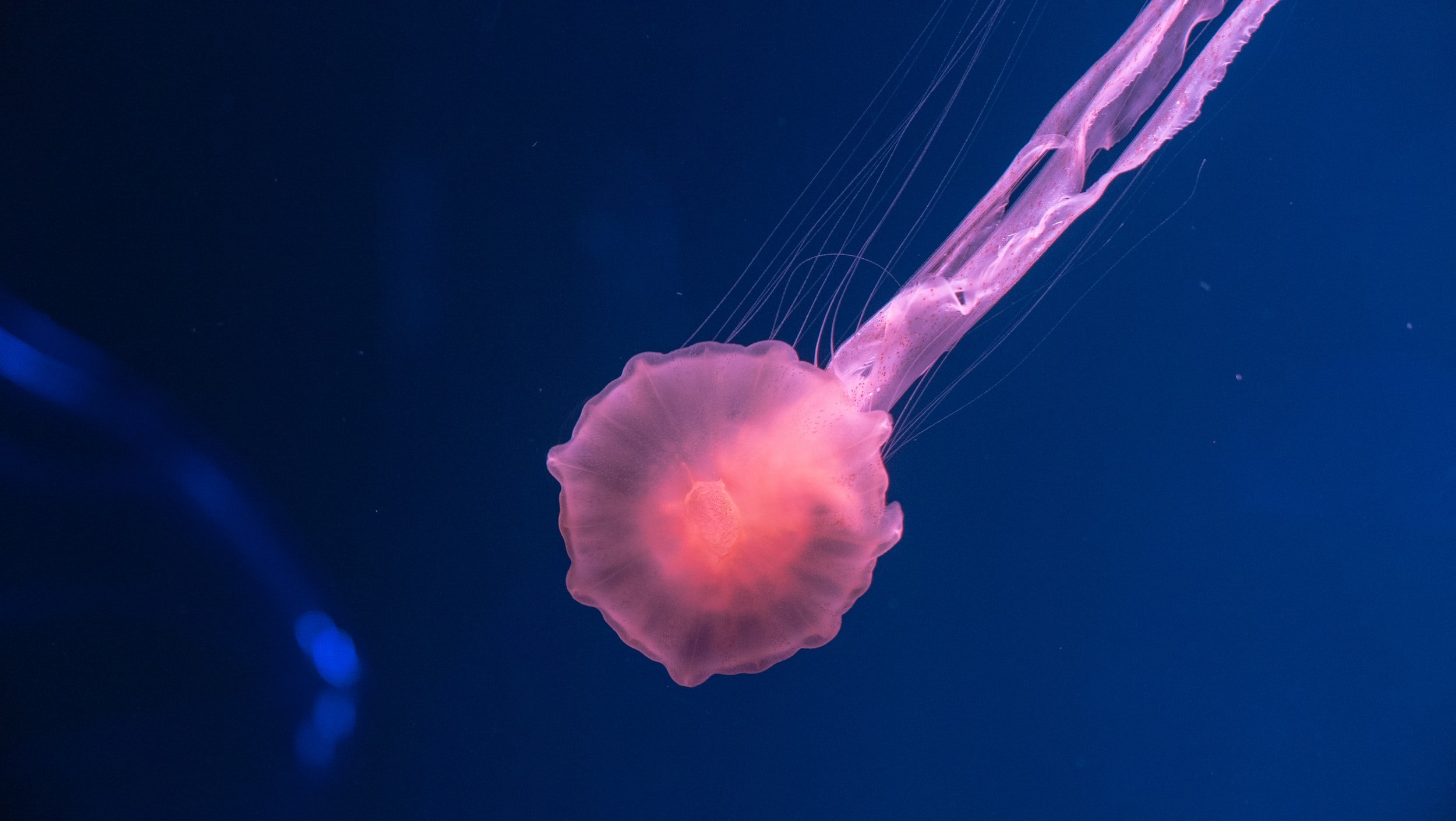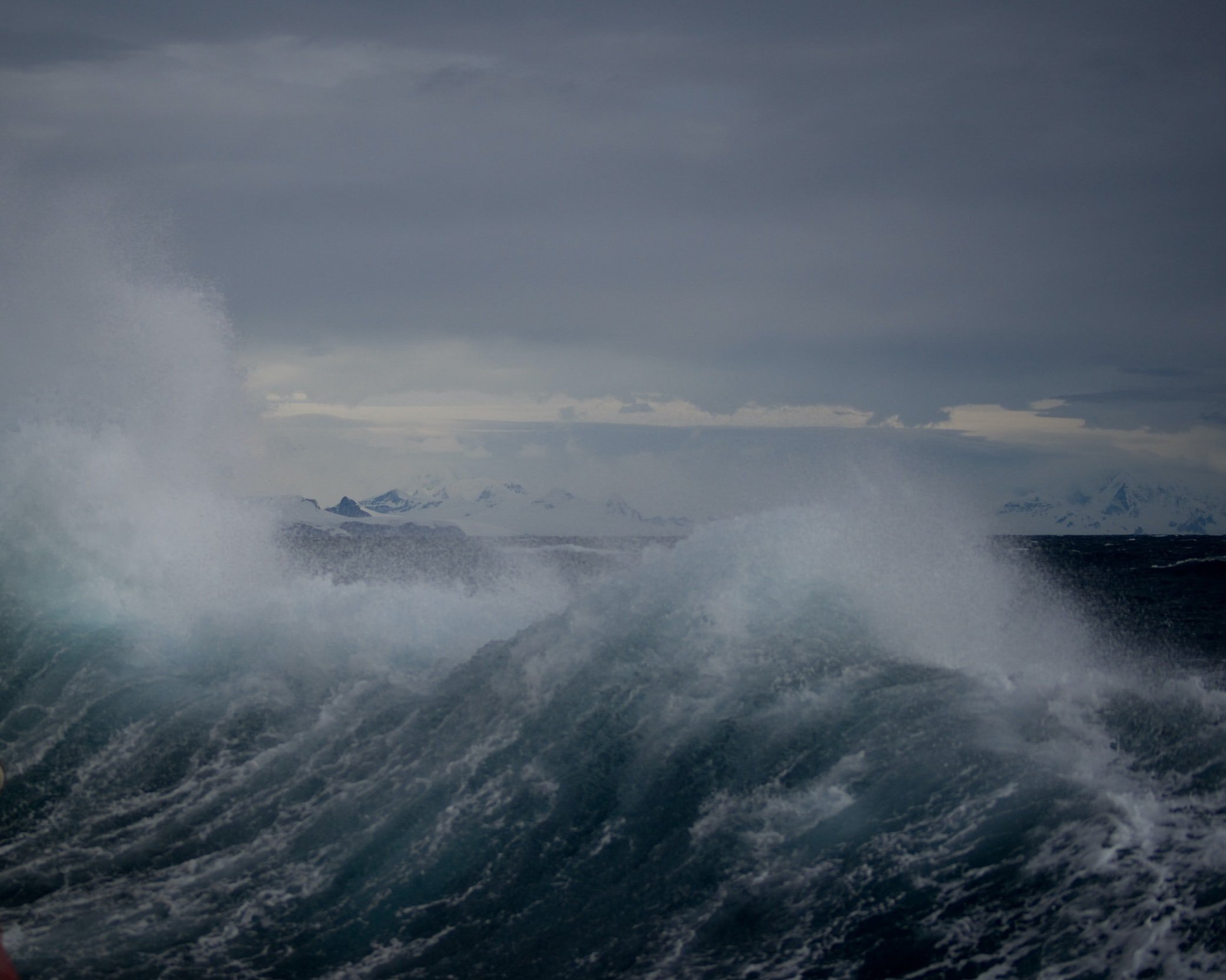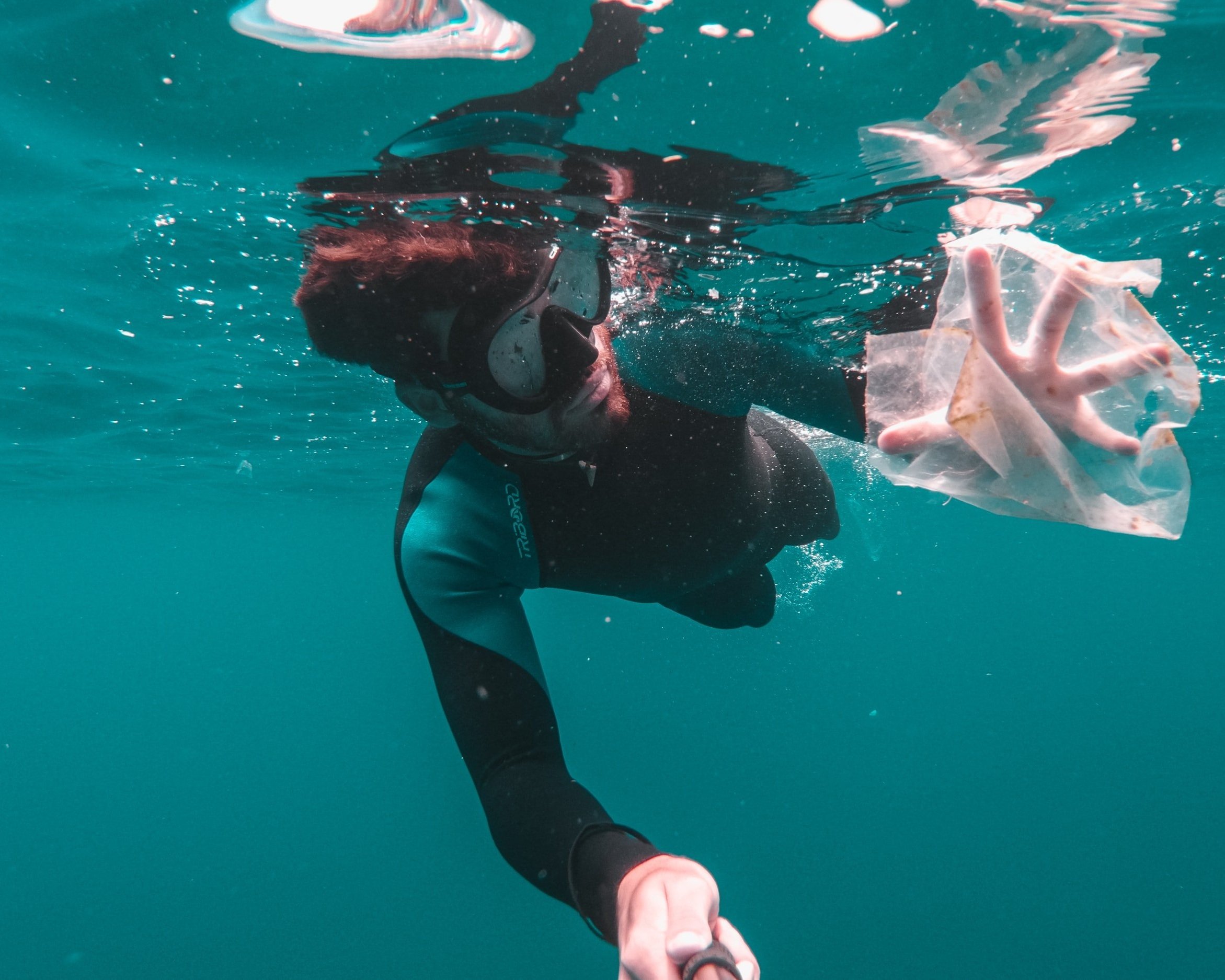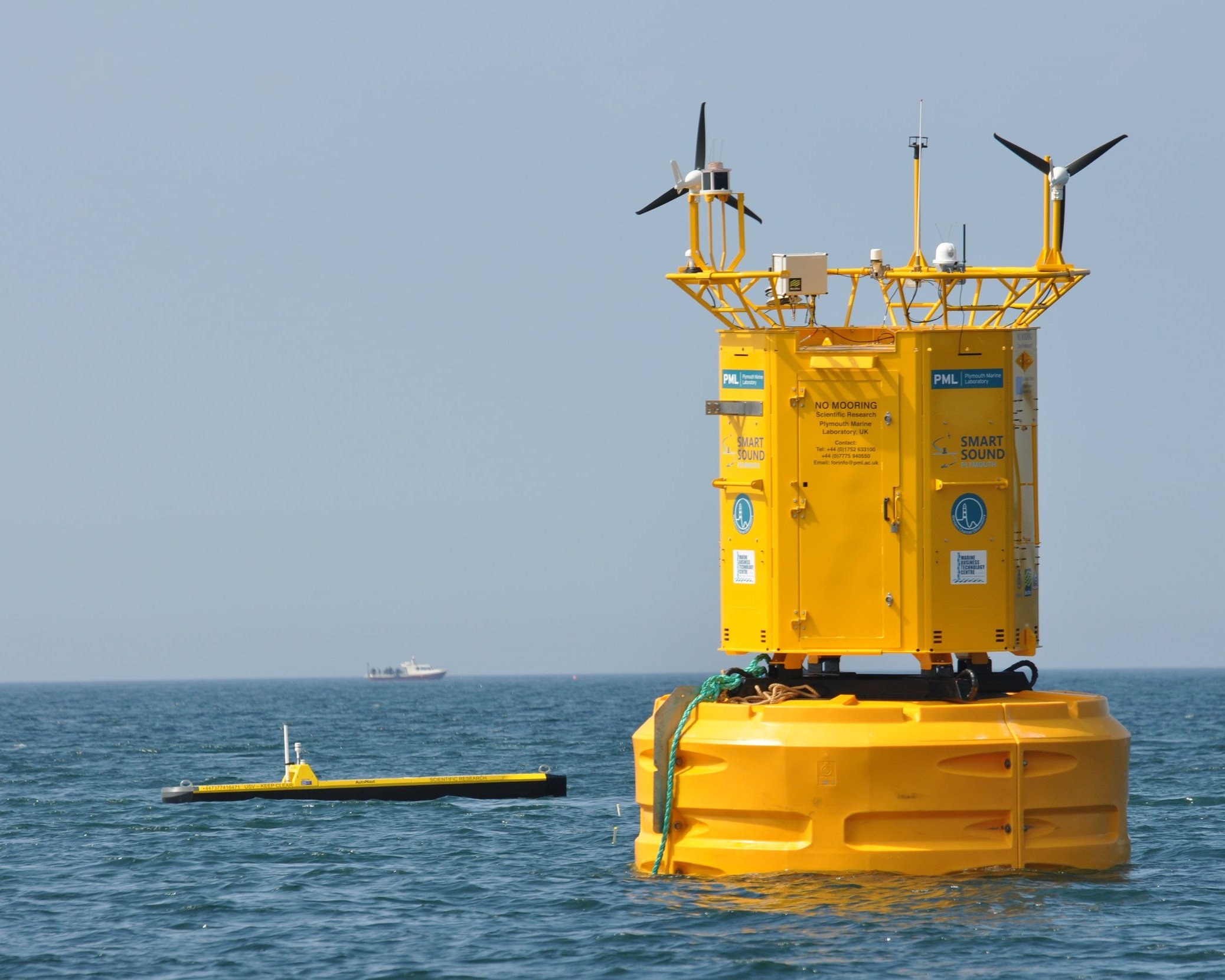
Marine Biodiversity
The biodiversity in our ocean is under threat. Increasing human activity and the changing climate has transformed life for countless species of marine flora and fauna. Such diversity is critical, not only for the health of our planet but also for food security, coastal economies and social wellbeing.
Preserving such functions is a key goal of scientists across our partner organisations, who are at the global forefront of efforts to both understand these species and their habitats, and ensure they are preserved for future generations.
That research includes world-leading studies on plankton health, the ecology of environments such as kelp forests (among the most widespread ecosystems on Earth), the cultivation and management of seagrass, and the impacts of climate change on marine species and food-chains.
We coordinate the longest running and most geographically-extensive marine biological survey in the world, and lead the UK’s longest running assessment into the environmental and societal impacts of Marine Protected Area status. We also operate the oceanographic time-series and marine biodiversity reference site in the Western English Channel.
These projects have for many years informed local, national and international policy, with Plymouth scientists enabling communities worldwide to understand the importance of marine biodiversity and the challenges it faces.
Monitoring the Lyme Bay Marine Protected Area







